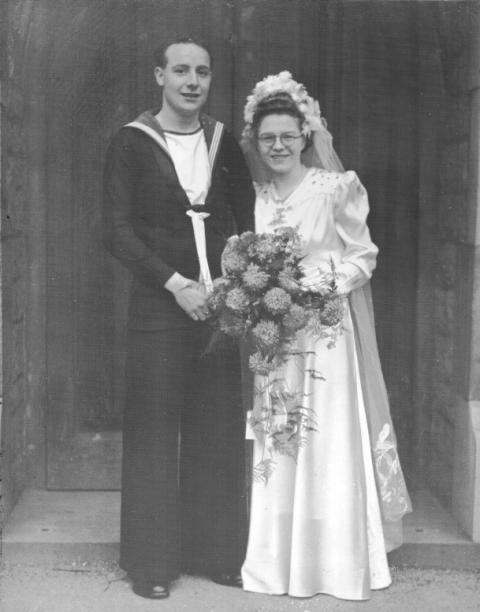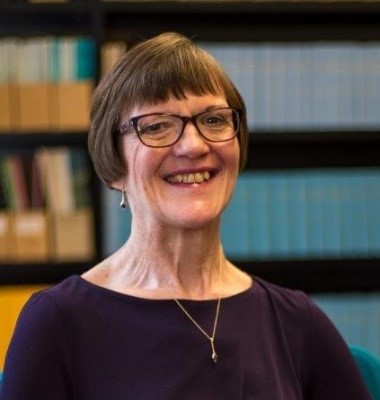Christmas (and other) couplings

Dr Stephanie Pywell, Senior Law Lecturer at the Open University writes about her research into weddings and related ceremonies.
On the second day of Christmas 1946, a 21-year-old sailor married a 20-year-old tool-factory worker at St Cecilia’s Church in Sheffield. He had yet to be demobilised following his service in World War II; her non-matching bridesmaids’ dresses, and her own, were made of parachute silk. They married on Boxing Day because neither of them was working, which was a rare event. On the twelfth day of Christmas 33 years later, their only son married me, on a drizzly day much less resonant with historical significance.
Both those weddings were, for their respective eras, fairly conventional, and – importantly – they provide the seasonal angle that I was asked to include in this post.
Since 1980, the law hasn’t kept up with the ways in which people want to declare and celebrate the love that they hope will last a lifetime. Although people in England and Wales are now able to marry someone of their own sex, and to do so in castles or cowsheds, they still have to choose between a religious service and a completely secular ceremony conducted by a superintendent registrar. This rather stark choice compares unfavourably with the options available in Scotland, Northern Ireland, Ireland and Jersey, where couples choose the celebrant by whom they want to be married, and then agree on a suitable venue.
I’ve been researching weddings and related ceremonies since 2015, and my most recently completed project was the first academic exploration of the work of independent ‘wedding celebrants’. I’ve used inverted commas because the ceremonies conducted by celebrants in England and Wales look very much like weddings and feel very much like weddings, but they have no legal effect. My online survey of celebrants had an estimated 29.5% response rate, and yielded a lot of interesting data. The Wedding Celebrancy Commission made a donation to the OU that covered about half the cost of the project. This meant that the research remained completely independent, though it benefitted enormously from suggestions made by an advisory group and pilot-testers; I knew the multiple-choice questions I wanted to ask, but I didn’t know all the optional answers that I should suggest.
Many aspects of the ceremonies reported by respondents wouldn’t have been allowed in weddings conducted by religious officiants or superintendent registrars. I received accounts of ceremonies held underwater and in S&M dungeons, ceremonies that included blending cocktails, a ceremony that included ‘an exchange of swords and flaming torches’, and several ceremonies that blended cultural and religious traditions – the most surprising of which included both presenting flowers to a statue of the Virgin Mary and a Mexican ritual involving a lasso. One clear conclusion is that couples – who, according to the National Wedding Survey, spent an average of £31,974 on their weddings in 2019 – want personal, bespoke ceremonies that reflect their personalities and lifestyles.
The Law Commission has recently conducted a consultation on weddings law, and four of my papers are mentioned in 18 of its footnotes. I argue, based on some of the more serious findings from my research, that independent and humanist celebrants should – subject to the completion of centrally accredited training and formal registration by an independent regulatory body – be allowed to conduct wedding ceremonies. This would help to fulfil the Commission’s aim of proposing ‘options for a simple and fair system to give modern couples meaningful choice about their wedding ceremony’.
I didn’t ask my late parents-in-law what kind of wedding they’d have opted for if they’d had more or less unlimited options; I hope I’ll live long enough to wear a suitably outrageous hat when my baby grandson plights his troth in as wild and whacky a way as he and his probably not-yet-conceived partner wish.
 Stephanie Pywell
Stephanie Pywell
Stephanie gained her first degree – in science and maths subjects – from the OU in the 1980s. One baby, one LLB, one PhD and a varied career later, she’s a Senior Lecturer in the OU Law School, where one of her main responsibilities is ensuring that the supporting materials we provide to students are correct, consistent and current.
